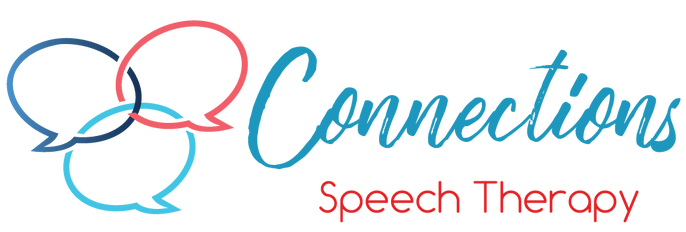|
Speech therapy may look a lot like we are just playing . . . but here is an insider’s guide about what is really happening during all that “play!”
Every speech therapist who works with a child on developing and expanding his speech and language skills and communication has been challenged with questions about why it looks like “you’re just playing with my child.” What looks like the therapist sitting on the floor and simply talking to and playing with your child is actually based upon a lot of knowledge and expertise and includes many subtle prompts or cues which the therapist is skillfully using to facilitate the child’s language and communication. Keep reading for some inside tips and insight . . .
0 Comments
|
AuthorMy name is Katherine Hindman. I have been a speech therapist for over 20 years and truly love what I do! Archives
November 2022
Categories |

 RSS Feed
RSS Feed